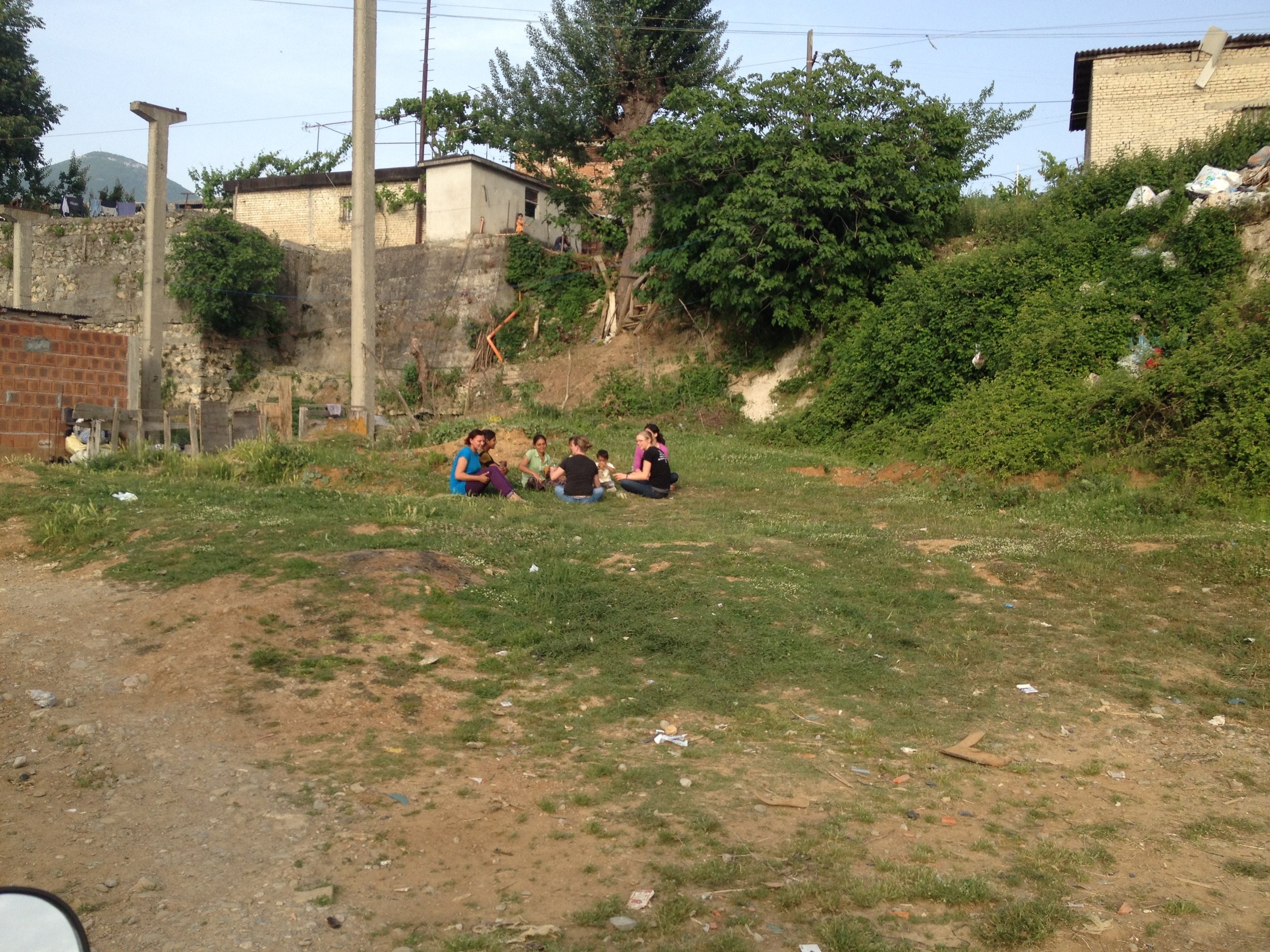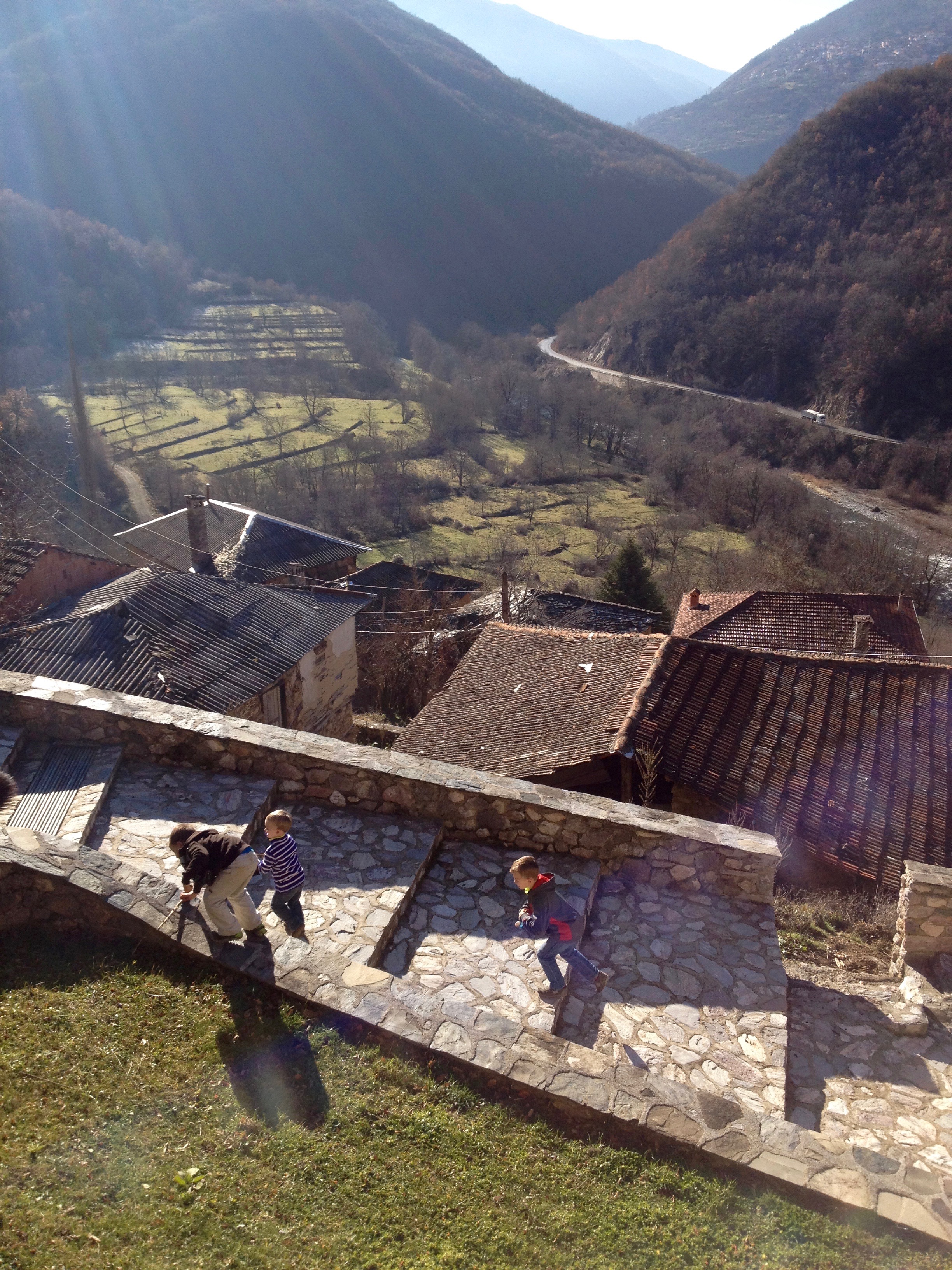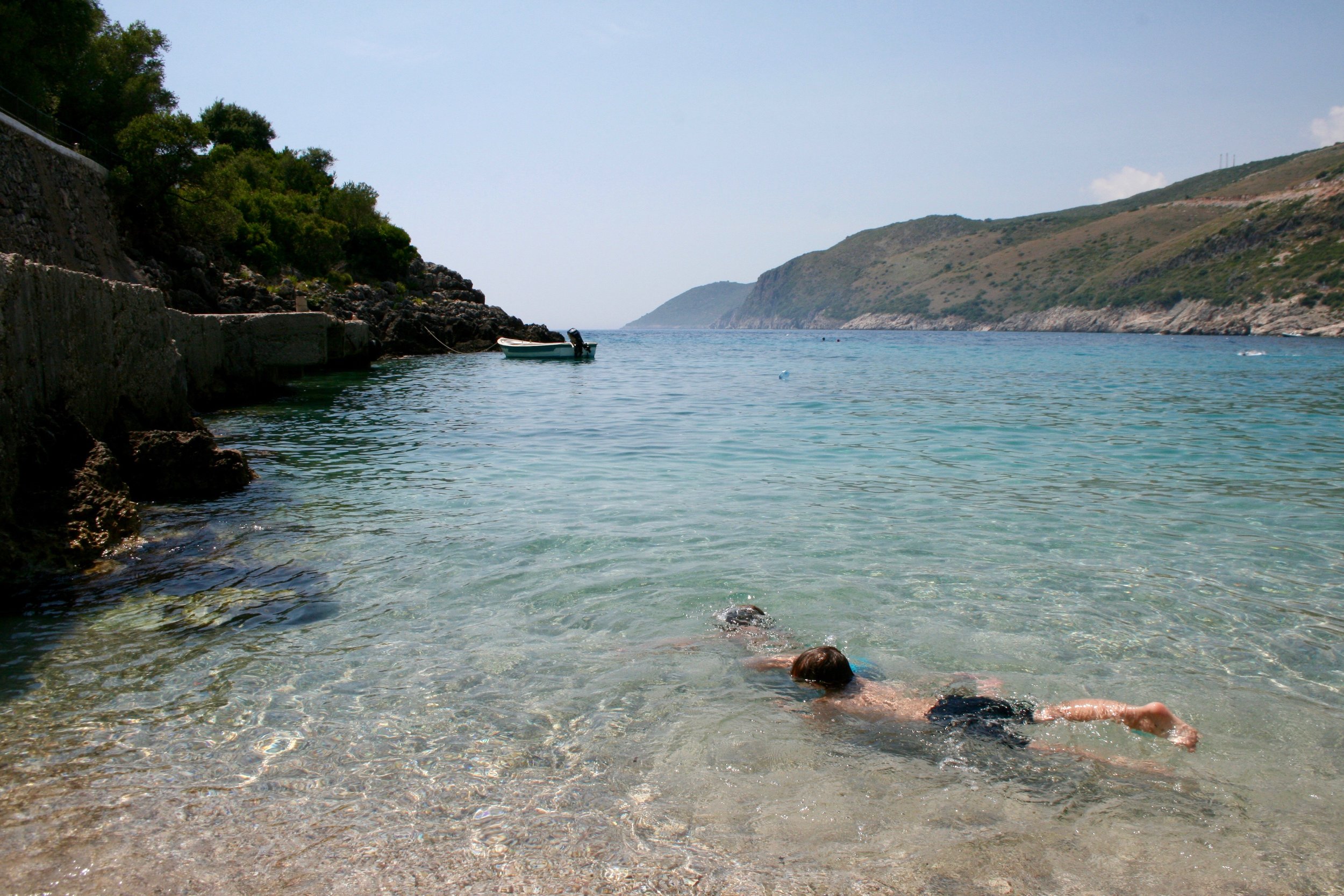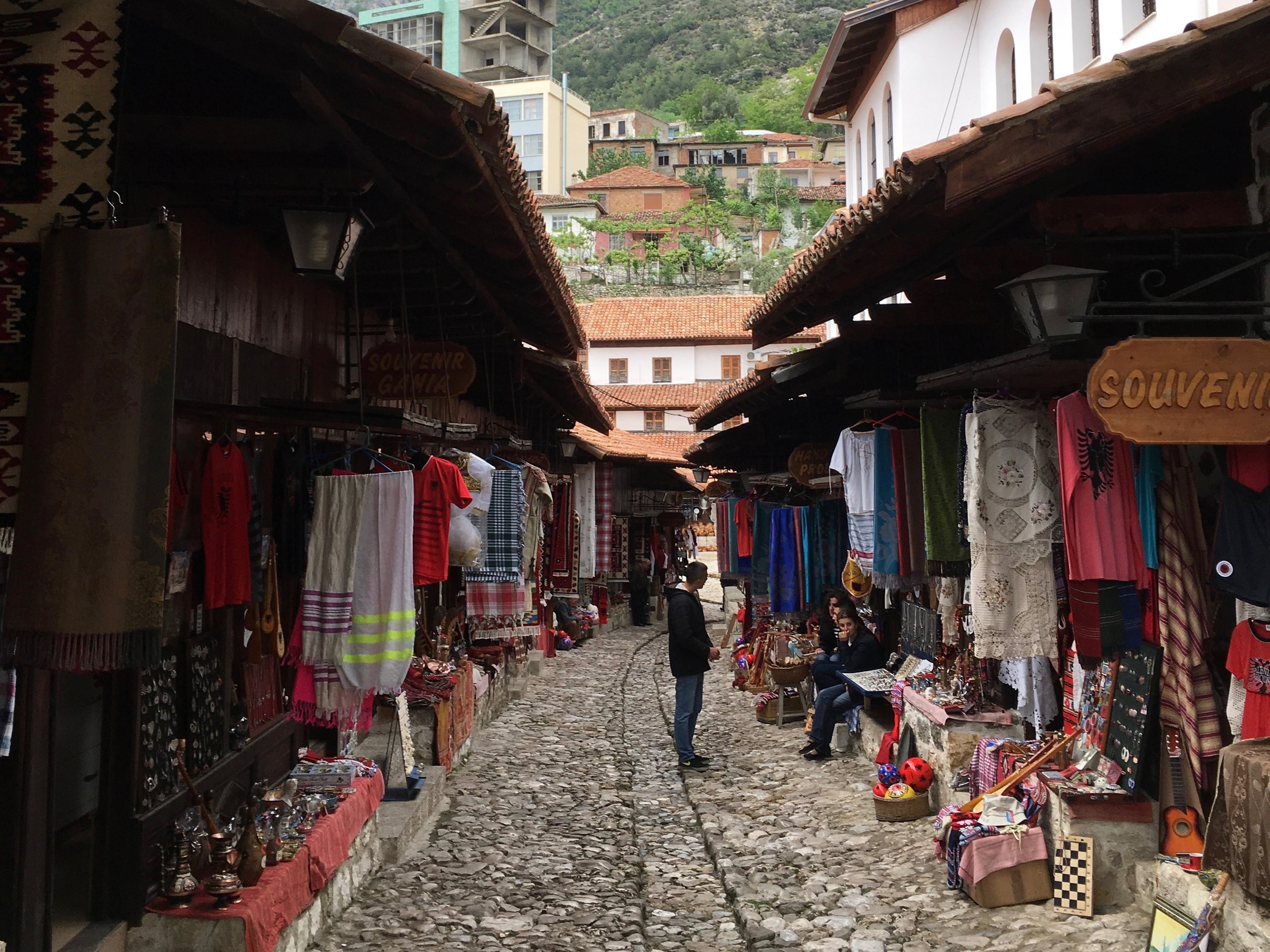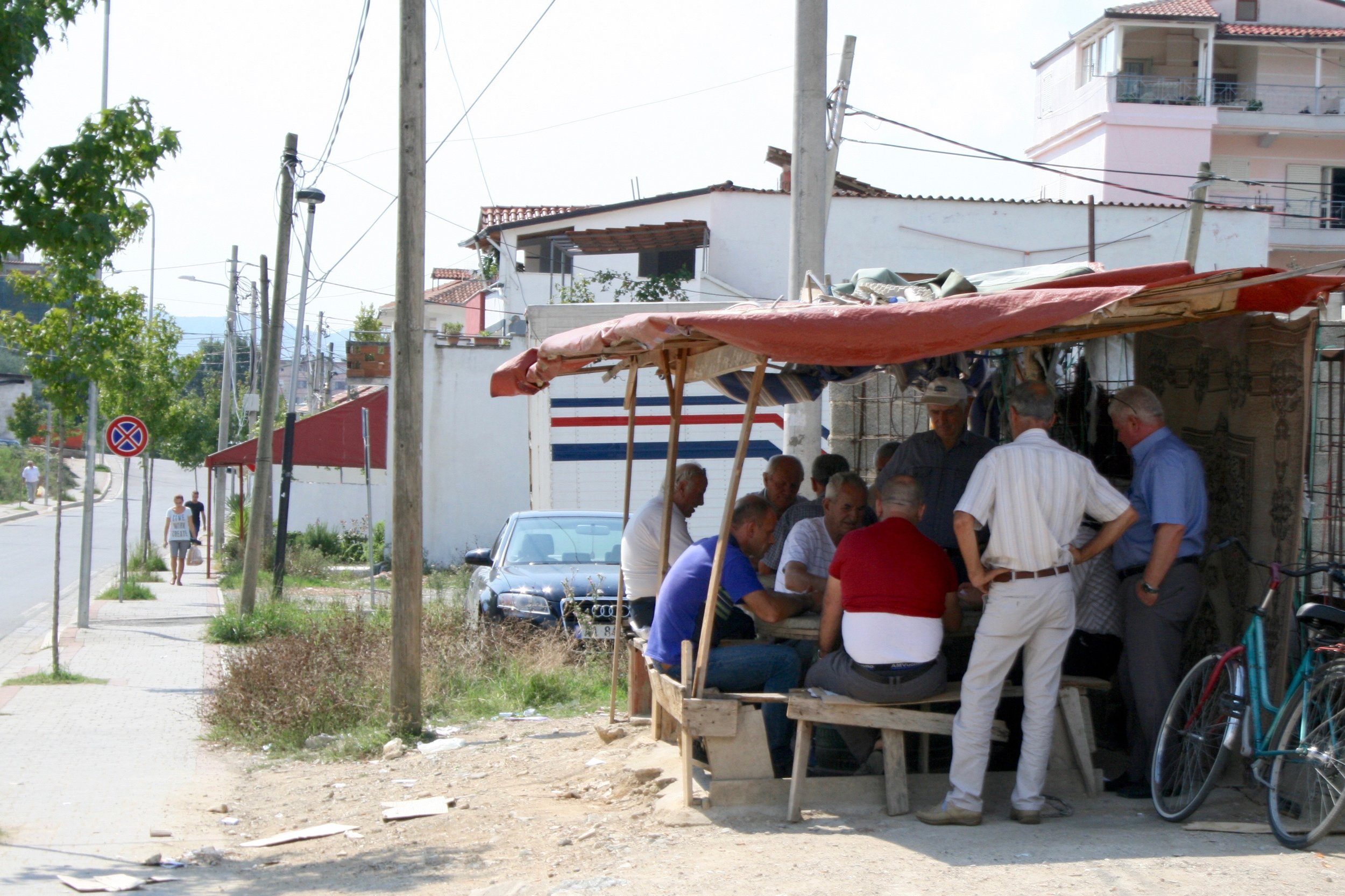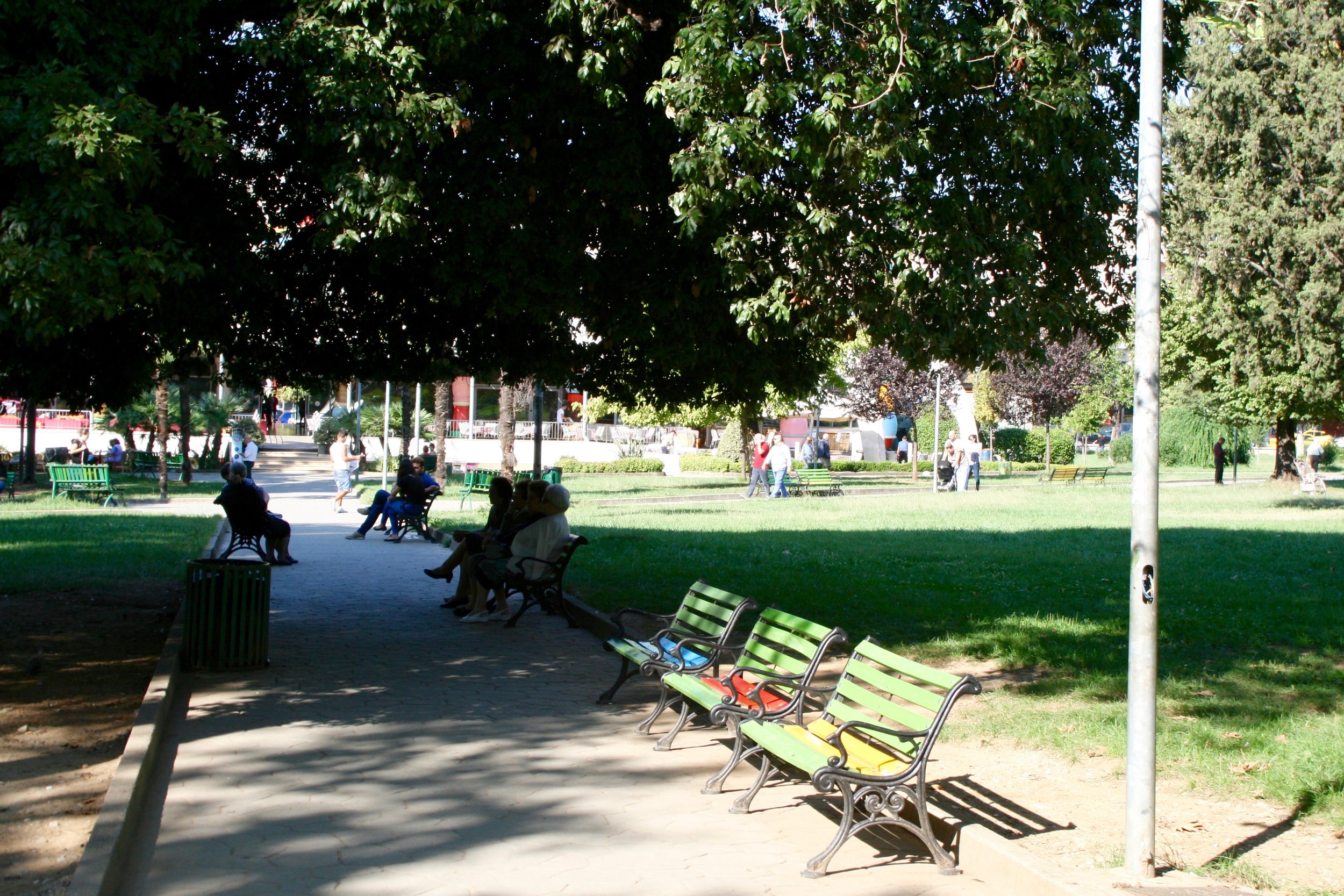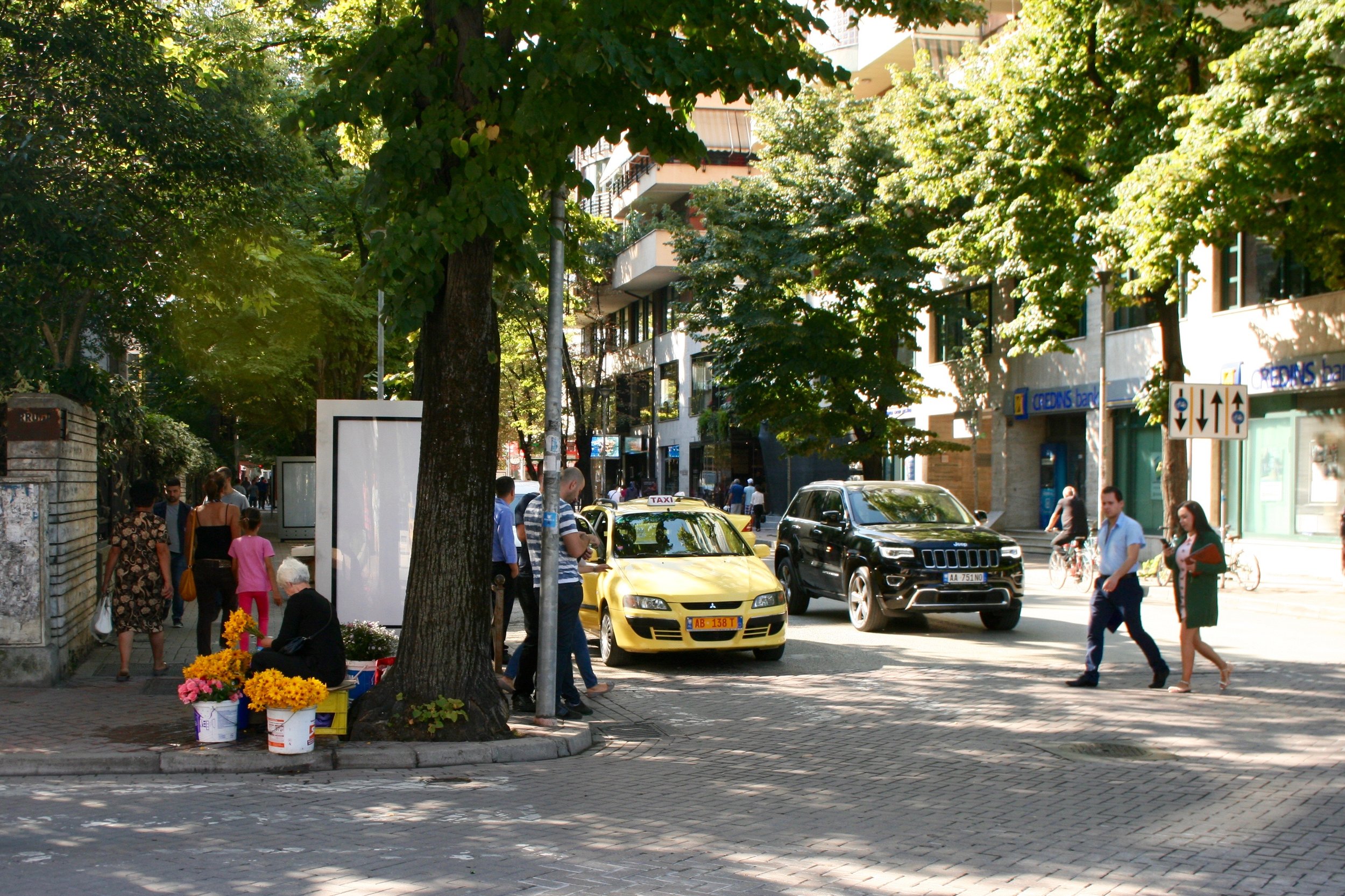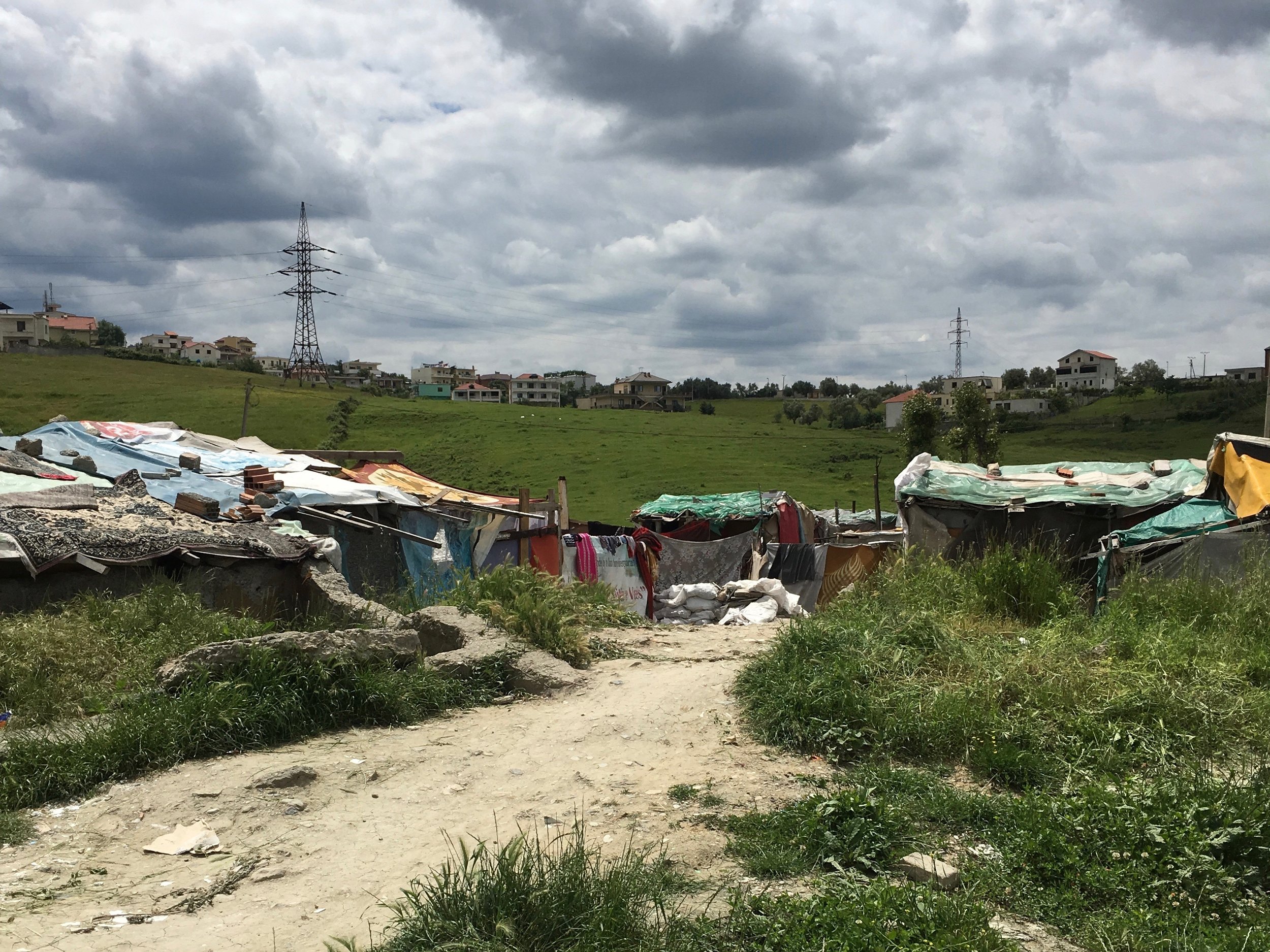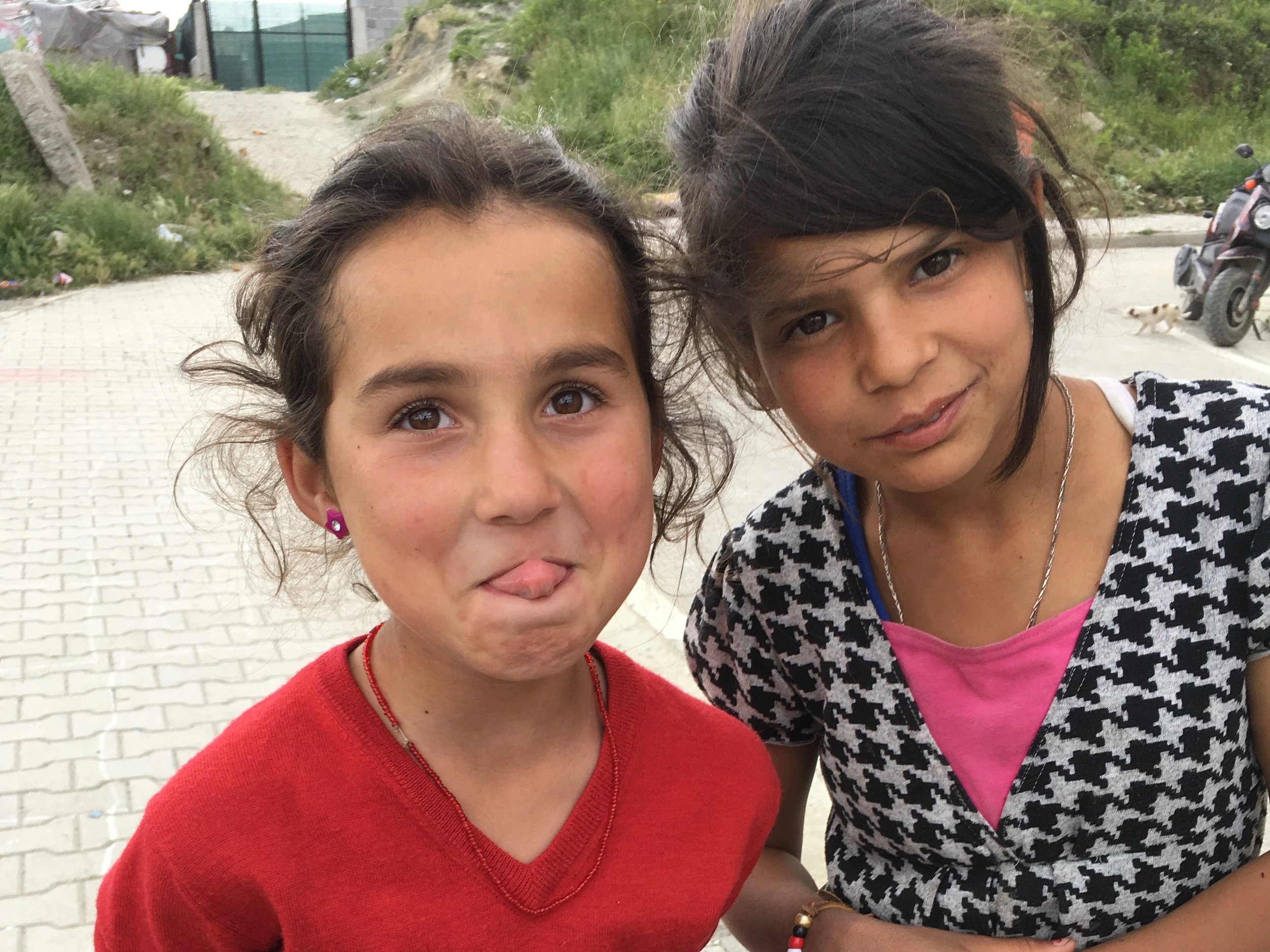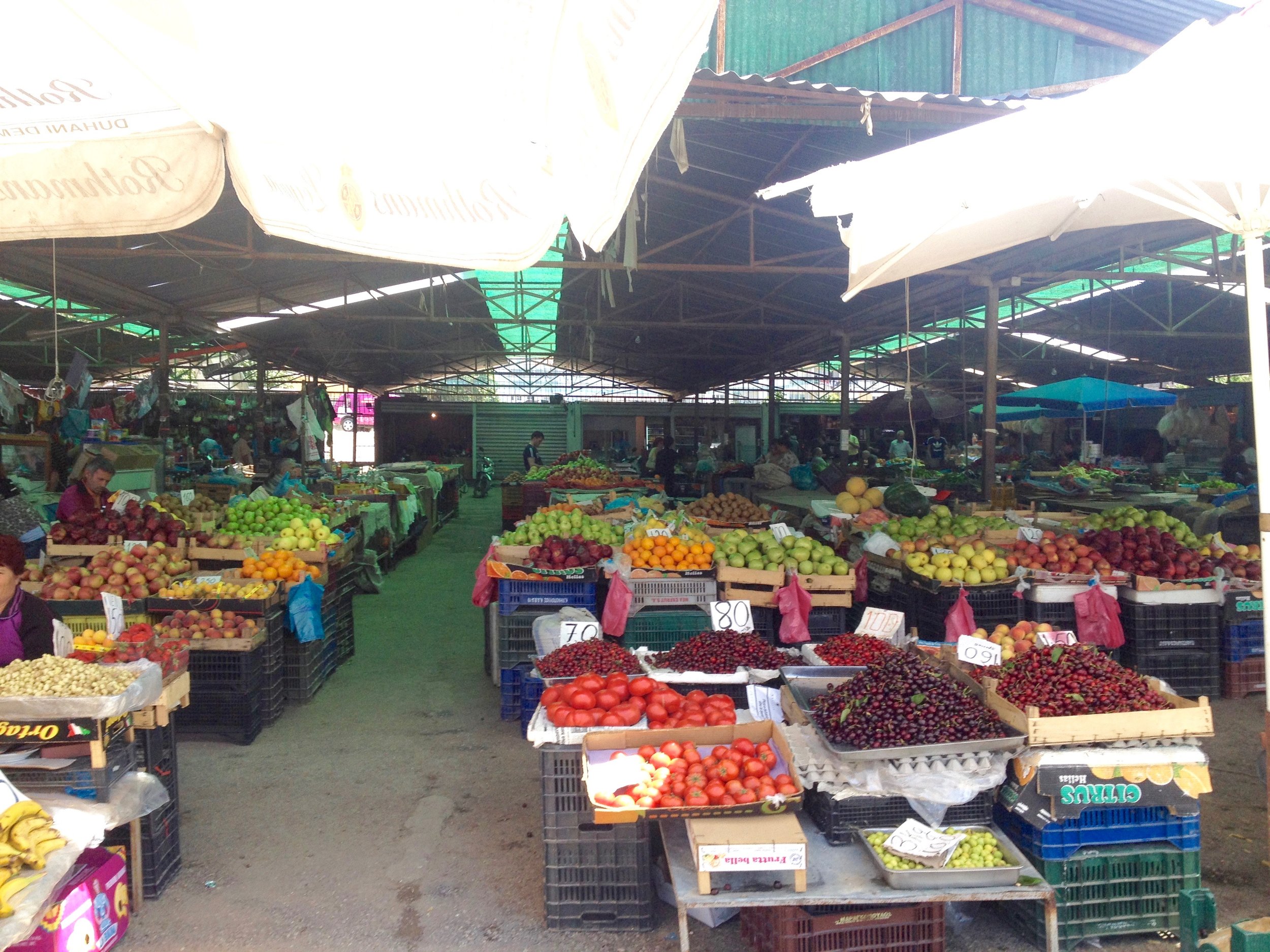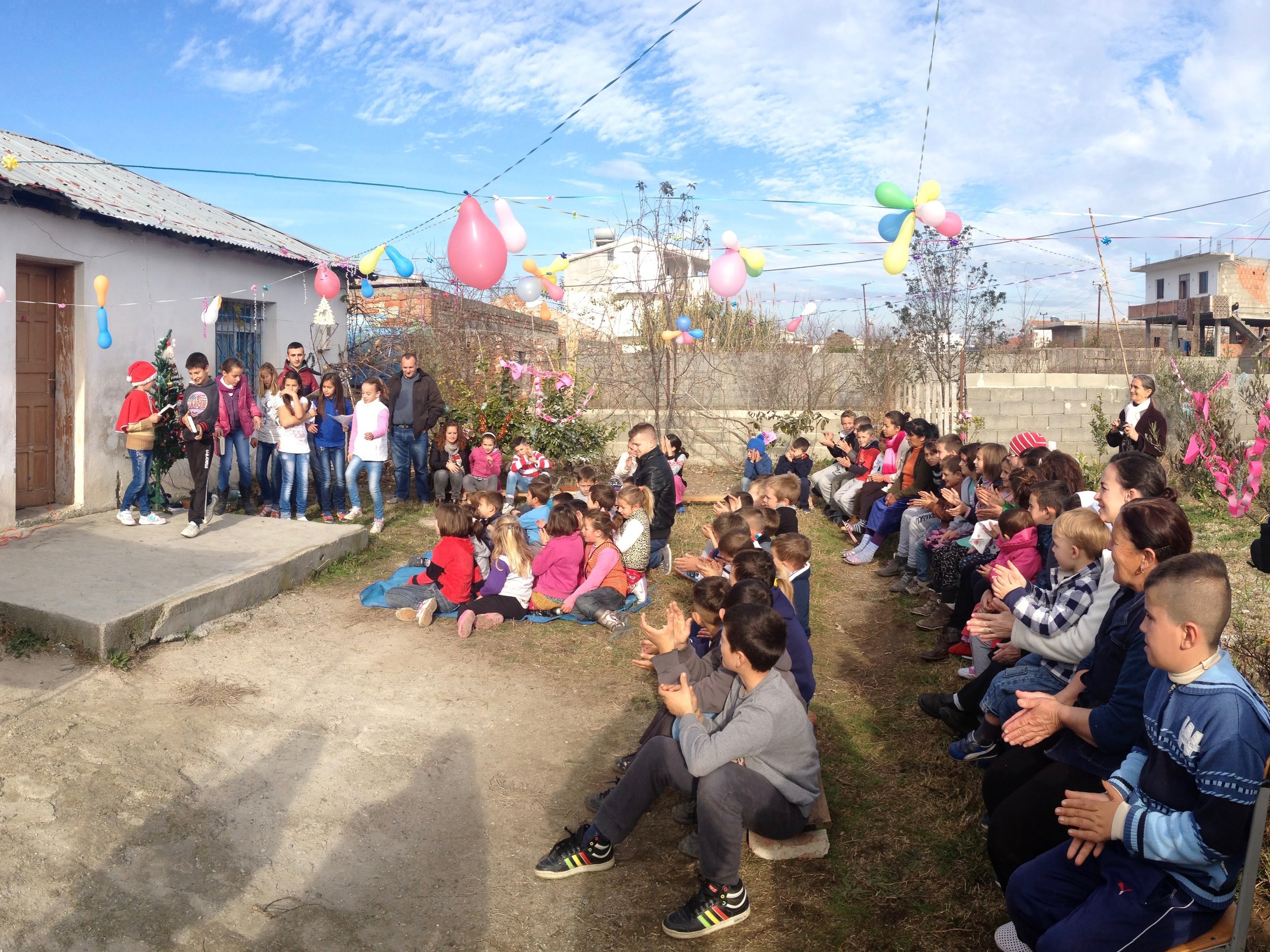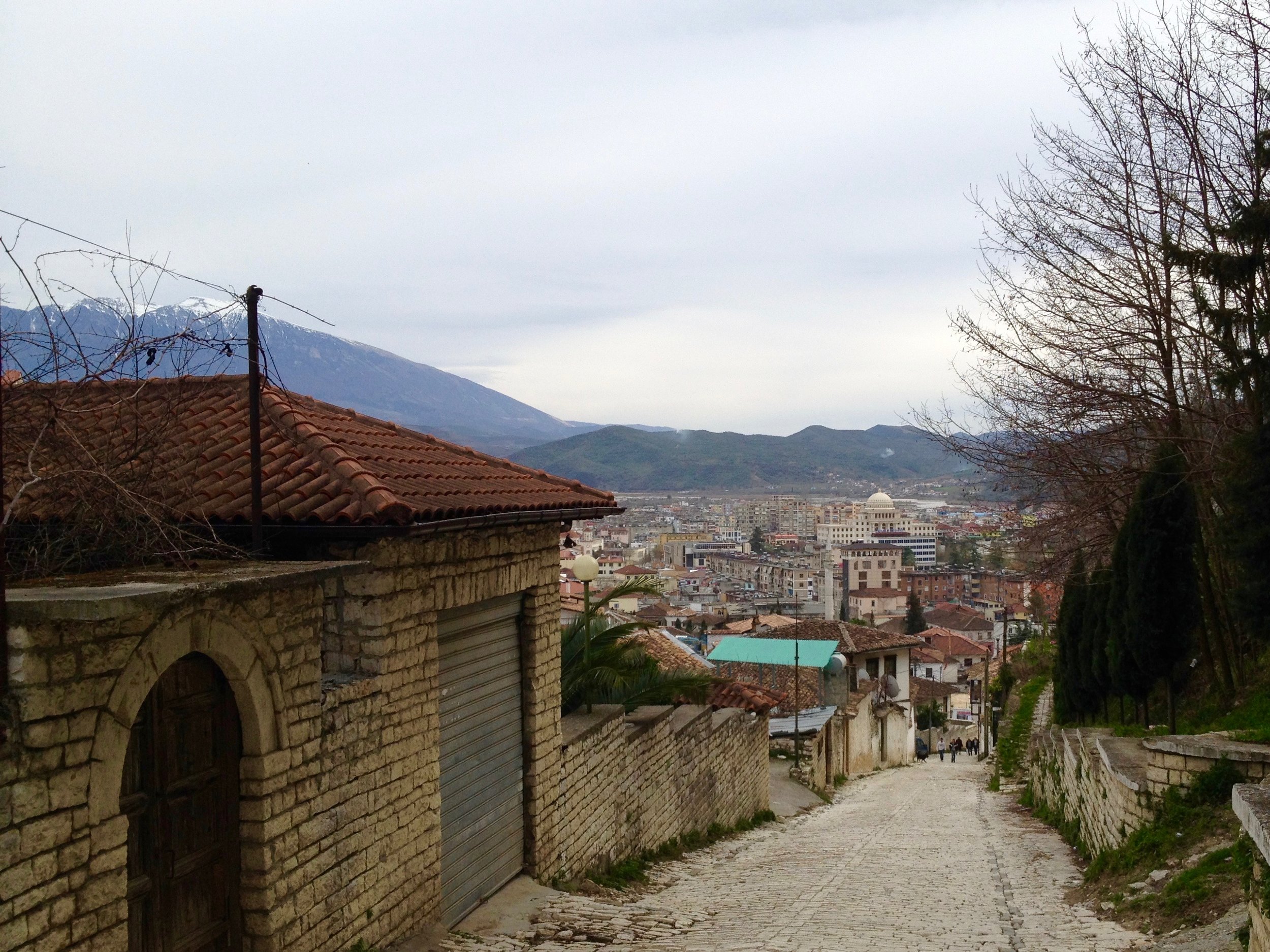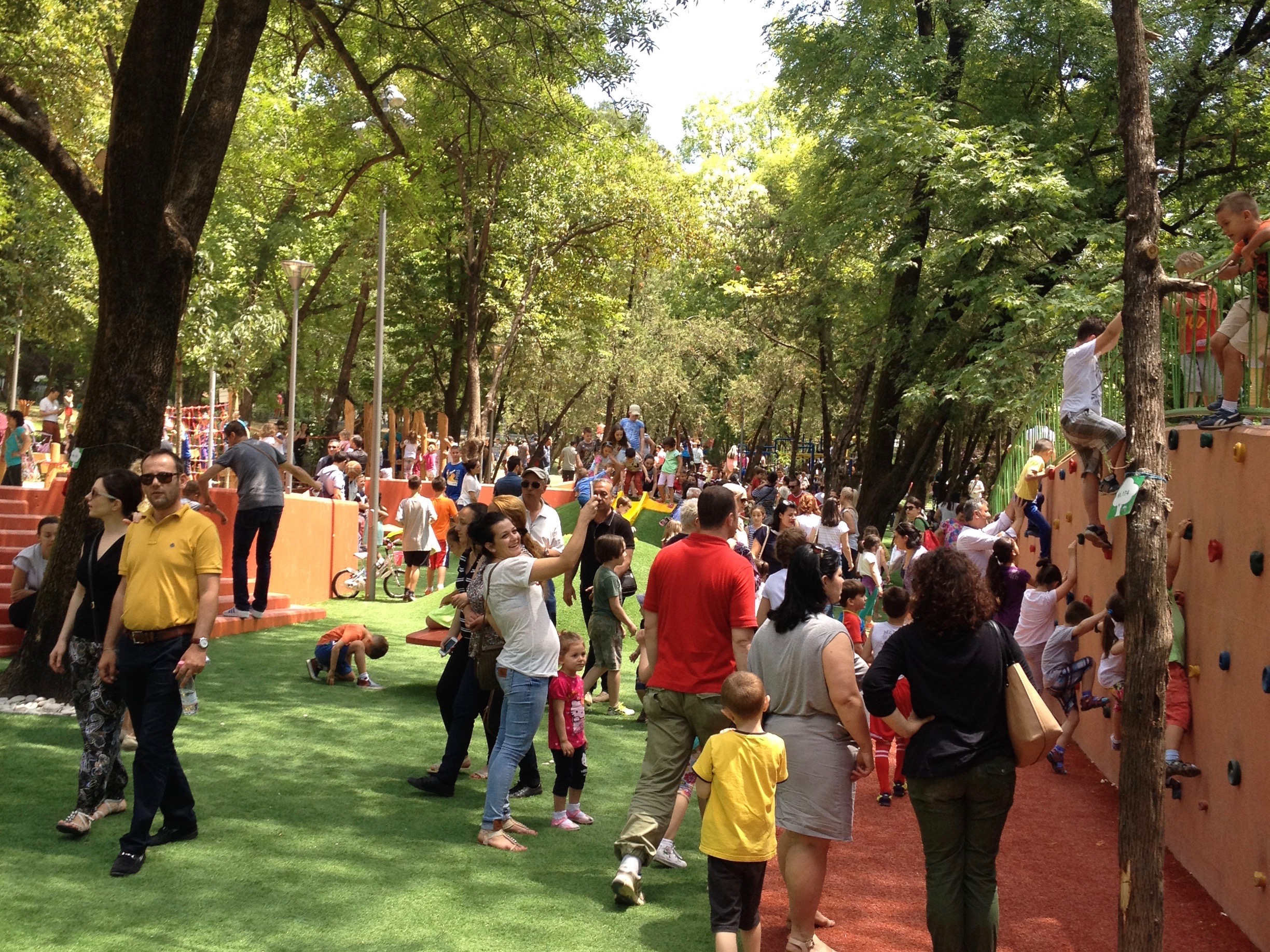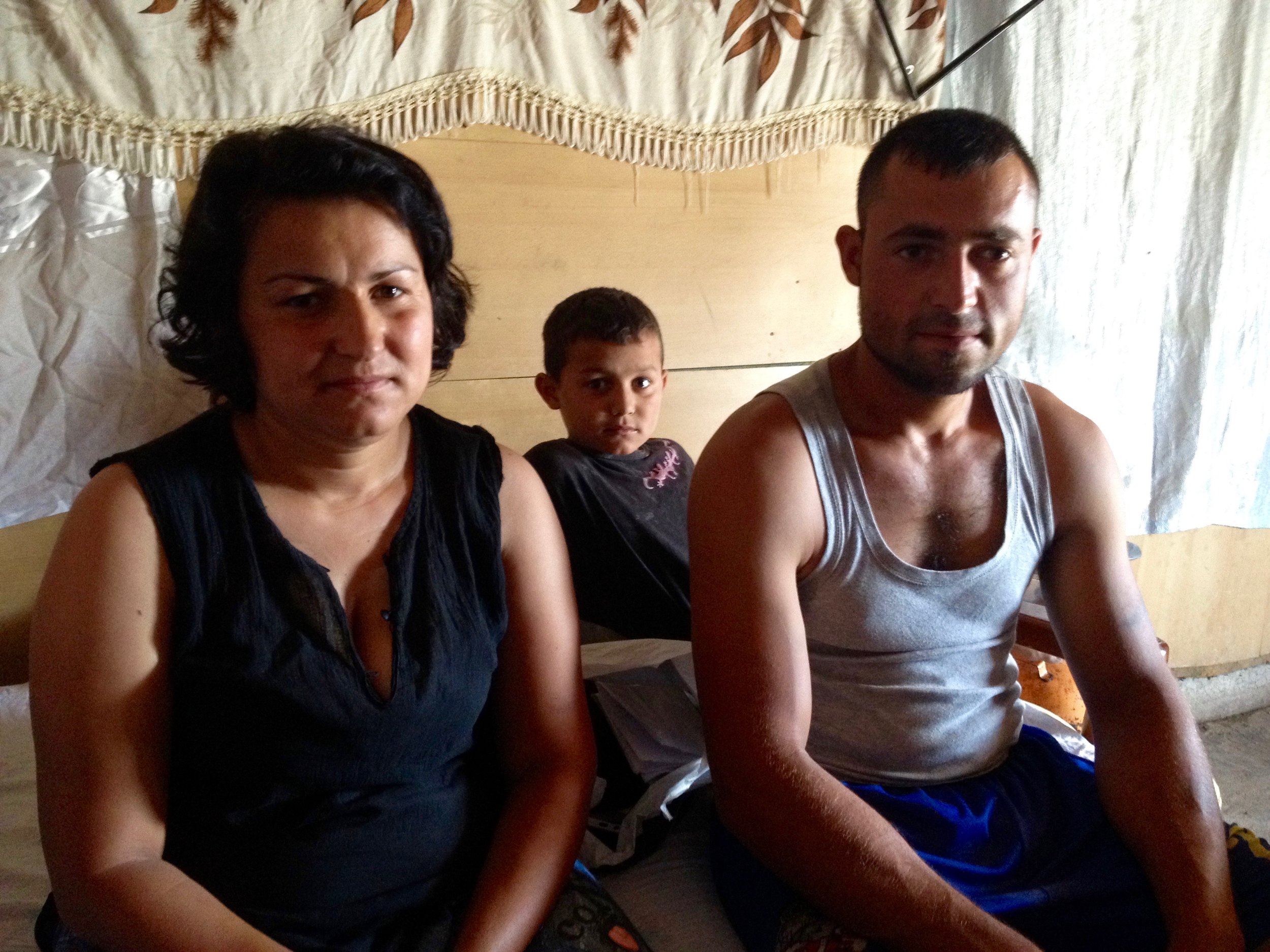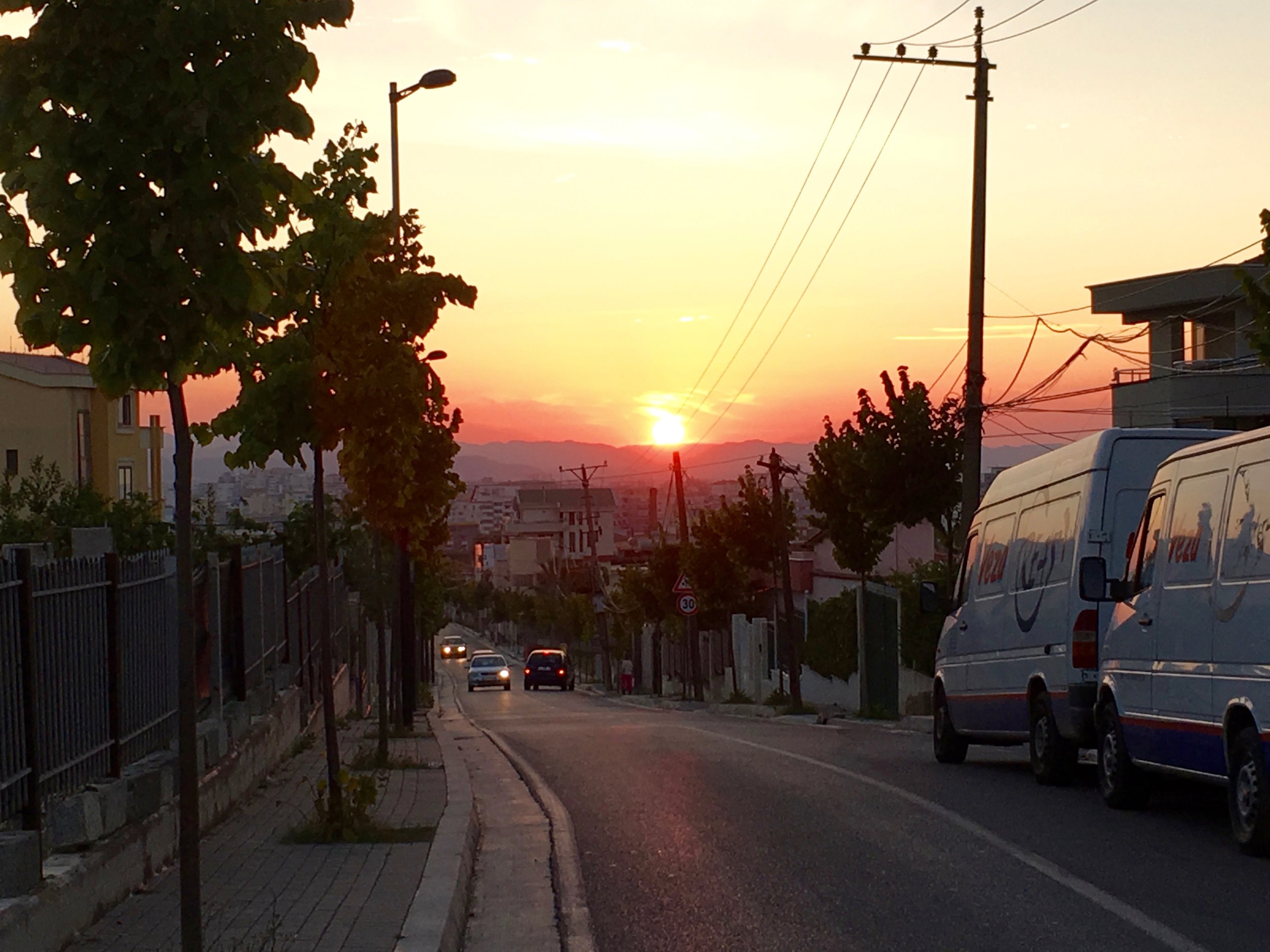By a Pioneers Field Worker in Albania
She orders tea with ease, her dark features and hard-won command of the language almost convincing enough to make people think she’s Albanian. In fact, just yesterday someone thought she was a local who left the country for a long time and came back with an accent. Here on the truth-telling streets of Tirana where people don't hesitate to tell you what they really think of your language-speaking ability, that’s a win.
But that’s not what Alisa’s here to talk about. Neither is she here to talk about what it’s been like to move to Albania and try to plant a church among the marginalized and impoverished Roma people group, though that is a fascinating story in its own right. She’s here to talk about Rina, a Roma woman with Multiple Sclerosis who, until recently, lived in a tiny cinder-block home just a few steps away from hers.
Though neighbors, the two women didn’t interact much when Alisa and her family first moved in. Alisa would see Rina sitting in a chair outside her front door and wave to her as she turned into her driveway, but that was it. Admittedly, she was comfortable with the distance, since “getting close meant responsibility.” But all that changed when Rina, using a broken stroller as a walker, wheeled up the hill to Alisa’s house, knocked on her door, and told her she and her teenage son had been without food for four days.
“When she said that, it was pretty striking,” says Alisa. “Like, my next-door neighbor doesn't have anything to eat, and I have an entire pantry full of food and no scarcity of when can I get the next...” her voice trails off at this part, as if reliving the horror she felt at the state of her refrigerator. Determined to fix the situation, she immediately drove to the store and bought more than enough food to keep Rina and her son fed for a couple weeks.
“Once God opened my eyes to what was actually right beside us,” she says, “I couldn't drive past her. I couldn't just drive home.”
But that wasn’t the end of it, because it wasn’t the end of Rina’s poverty. “Once God opened my eyes to what was actually right beside us,” she says, “I couldn't drive past her. I couldn't just drive home.” As she wondered what to do, Alisa felt God speaking to her, saying things like: “She's your neighbor, and I've put her inside your sphere of family.” Even more convicting: “I put you here for her.” It was a tall order, but it aligned with what Alisa knew of God’s love and concern for the poor and how he often used the Church to care for their needs. And wasn’t she a representation of God’s Church, here to do just that?
So she began bringing Rina food every week. She stepped inside Rina’s house, sat on her broken couch, and listened as best as she could. In broken Albanian, she discovered Rina had four daughters in addition to her son, but since her daughters were obligated to care for their new families, she didn’t see them much. She learned Rina’s husband left her for another woman but neglected to divorce her, which meant as a technically married woman, she couldn’t receive any of the government support given to people with disabilities. She learned Rina’s landlord didn’t care to fix the broken roof or giant hole in the wall, but he did care an awful lot about receiving the rent money on time. And when they talked about God, she learned Rina didn’t seem to like him much – probably because she didn’t think he liked her.
After a few months of getting to know each other, Alisa invited Rina to church, and surprisingly, she agreed. Though she never participated in the worship or communion, Rina heard the Gospel every week, and that was encouraging. Church also meant more social interactions, which, Alisa was learning, her friend needed just as much as food. Then one day after service, a member of the congregation sat down with Rina and explained the Gospel in ways Alisa didn’t have enough language to do. She seemed truly interested, even asking how she could get to God through Jesus, when she said something they weren’t expecting: “But, I’ve never sinned.”
Alisa was stunned – how could she think she’s never sinned – until she remembered her friend’s background. Rina had grown up with a religious perspective that said sins were grave, egregious acts of wrongdoing, and the people who did these acts deserved the punishment they got. “In her mind,” Alisa explains, “saying like, ‘I've sinned,’ means ‘I deserve this horrible life that I've had.’” But Rina hadn’t killed anyone, and she certainly wasn’t the one who had walked away from her marriage. In her worldview, saying she had sinned meant she must have done something to deserve her suffering, and she just didn’t think it was true.
Listening to her friend’s objections, Alisa realized what Rina needed was an entire worldview shift, and since only God could do that, they left the conversation alone. Rina still came to church and Alisa still worked tirelessly to help her financial situation improve, but nothing changed in Rina’s heart – and maybe, Alisa thought, nothing ever would. Then one Sunday during communion, Alisa noticed her friend was in turmoil. Showing more emotion than she’d shown since they’d met, Rina turned to Alisa and said, “Would you get me one?” Alisa did a double take, asking if she was sure, to which Rina responded, “I believe this. I believe it. I want you to get me some this time.” A few minutes later, she took her first communion.
Alisa smiles now as she talks about the change she’s seen in her friend. While she used to say things like, “God hates me. Look at my life. He must hate me,” she now tells Alisa, “I do have hope, and my son is working, and he's going to school, and there's hope that life is gonna get better, and that's just because of what God has done in my life.” The difference is stark, dramatic, and good.
While Rina’s reality is still marked by more difficulty than most people see in their lifetime, there are glimmers of light there, too. Her church (because it is hers now) collected enough money to move her to a better house. Her son (most of the time) goes to work. And her relationship with Alisa has become more of a true, reciprocal friendship. As proof, Alisa tells the story of the time she went to visit Rina and found her surrounded by a few other Roma women. The unlikely group fell into talking about their children and what it’s like being young mothers. “And it felt like,” she remembers, “Oh, we're all just sitting here as friends, sharing common life.” No one asked Alisa for anything except her opinions on raising boys; it was a new, wonderful dynamic.
And it is this dynamic Alisa hopes will continue. Rather than become Rina’s forever benefactor, she hopes to one day just be her friend. Until that day comes, Alisa is committed to helping with humility, always pointing Rina back to her true Provider. Because the reality is, Alisa knows, she could have been the one watching her son languish from lack of food while her neighbor’s pantry sat full of homemade cookies. However much she may feel independent or secure, she knows (more than she ever has) that “we're all really dependent on God for our daily bread.”
When talking about what she wants her friendship with Rina to look like in the future, Alisa describes a setting where, “I go over and just visit with her, where God is providing for her needs, and I can just be a friend that encourages her to have more faith.” Two mothers, two followers of Jesus, two women dependent on God for their daily needs. It’s a beautiful image, and though faint, it’s already starting to appear.





